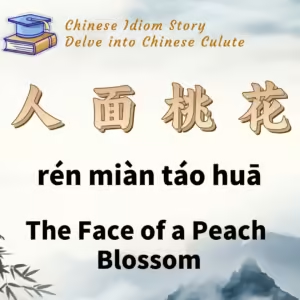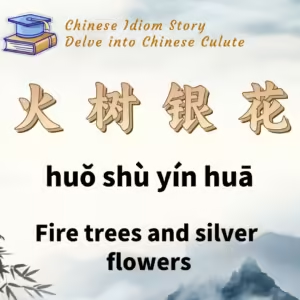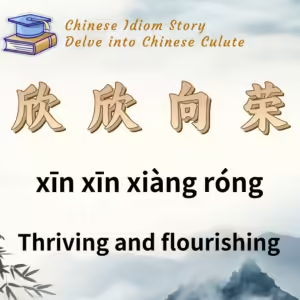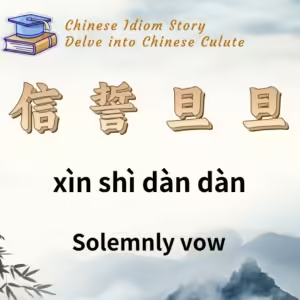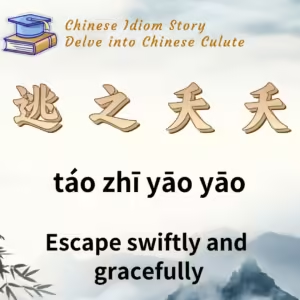
Chinese Idiom: 逃之夭夭 (Tao Zhi Yao Yao)
English Translation: Escape swiftly and gracefully
pīn yīn: táo zhī yāo yāo
Idiom Meaning: This idiom humorously refers to fleeing or running away. The term “夭夭” originally describes flourishing flowers and trees, but here it serves no literal meaning.
Historical Source: Poem “桃夭,” found in “The Book of Songs” (《诗经 · 周南 · 桃天》), a collection of ancient Chinese poetry.
Idiom Story:
“桃夭” is a wedding blessing poem celebrating the marriage of young couples. The poem uses vivid metaphors to praise the beauty and youth of the bride, wishing her a happy married life. It consists of three stanzas:
桃之夭夭,灼灼其华。
之子于归,宜其室家。
桃之夭夭,有黄其实。
之子于归,宜其家室。
桃之夭夭,其叶萘萘。
之子于归,宜其家人。
In these lines, “夭夭” symbolizes freshness and vitality, while “灼灼” means bright or resplendent. The poem expresses that the peach tree branches are lush and vibrant, indicating the beauty of the bride. It conveys the hope that her future household will be prosperous and joyful.
The interpretation of the phrase “桃之夭夭” has evolved over time, with the sound of “桃” (táo) being used as a homophone for “逃” (táo), meaning “to escape.” As a result, the phrase “逃之夭夭” emerged, symbolizing a swift and graceful escape, often used in a lighthearted context.

